The question was asked first on LinkedIn where other answers can be found. My answer was:
“Dear Scott,
The greatest theory of all time.
It answers the bottom line question for us moderns: HOW DO YOU KNOW?
To explain the process of how we know entities outside of ourselves (persons, things, or other beings), Thomas Aquinas has recourse neither to the transcendental ideas of Platonism, (nor the innate ideas of Descartes in his modern philosophy), nor to illuminations of saints.
He effectively argues for a cognitive faculty in people that is naturally capable of acquiring knowledge of entities in proportion to that cognitive faculty. Knowledge is obtained through two stages of operation, sensitive and intellective, that are intimately related to one another.
The proper object of the sensitive faculty is the particular entity, i.e., the individual. The proper object of the intellect is the universal. But the intellect does not attain any universal unless the material for it is presented to it by the senses.
The two cognitive faculties, sense and intellect, are naturally capable of acquiring knowledge for subsequent understanding of their proper object, since both have such potential -- the senses, toward the individual form; and the intellect, toward the form of the universal.
Obtaining the universal presupposes that the sensible knowledge of the object which lies outside the knower comes through the impression of the form of the object upon the knower's sensitive faculty. This is likened to the impression of the seal upon wax.
The knower's soul reacts according to its nature, that is, psychically, producing knowledge of that particular object whose form had been impressed upon the senses.
Thus the faculty which was in potential is actuated in relation to that object, and knows and expresses within itself knowledge of that particular object.
But how is the passage made within the knower from sensitive cognition to that which is intellective?
To understand Thomas' solution to the problem, it is necessary to recall the theory of Aristotle that Thomas works with: the individual form is universal in potential.
It is the matter which makes the form individual. Hence if the form can be liberated from the individualizing matter, or dematerialized, it assumes the character of universality.
This is just what happens through the action of a special power of the intellect, i.e., the power by which the PHANTASM (sense image) is illuminated.
The phantasm is made by our senses when we see, hear, touch, taste, smell. Under the influence of the phantasm, the form loses its materiality in the knower. It becomes an essence or intelligible species. Thomas calls this faculty the "agent intellect".
(For Thomas the agent intellect is not, as the Averroists erroneously held, a separate intellect which is common to all people. Rather, all people possess the agent intellect, but to varying potentials.)
The intelligible species is then received by the agent intellect, being passive since it receives its proper object, and become intelligible in act. When it does, the knower acquires the knowledge sought.
The form, both intelligible and individual, is not THAT WHICH the mind grasps or understands (this would reduce knowledge to mere phenomenalism), but the form is the means THROUGH WHICH the mind begins to know the object (individual form) so the knower can begin to understand the mysterious essence of the person, thing, or other entity outside of the knower's own self.
The more the knower knows the entity, the more mysterious is the object. This is so because the knower realizes the object (person, thing, or other entity) is not created by the knower, but is only encountered by the knower on physical and metaphysical levels in this process.
If people adopt this starting point in any discussion of HOW DO YOU KNOW THAT, the results become commonsensical and lead to less controversy.
Great question!"
What do you think?
Please include your comment here or contact me to discuss.
Thanks.
John Darrouzet
for people who want to make better decisions
The Decision-Maker's Path (tm)...
Quick Overview
Blog Archive
-
▼
2008
(132)
-
▼
March
(81)
-
▼
Mar 06
(18)
- When you contend with others about judgments based...
- Asking Questions
- Rash Decisions? Is there such a thing?
- Anecdotal evidence: worthwhile or worthless, when ...
- The Reality: What you know? Who you know? Who they...
- What is more important Money or Power?
- Knowledge is power. Information is gold. Giving aw...
- Controversy: Unpredictability vs. Consistency (Yin...
- Greatest invention/theory of all time and why?
- What advice would you have for a new president of ...
- How do I find a truly satisfying role for the long...
- You Only Get One Choice On This, Just One Please!
- Are you happy?
- Advice for someone embarking on a new career adven...
- What is your definition of creativity?
- If you really believe in YOUR god how can you live...
- Where do ideas come from?
- If you had 15 to 20 minutes of radio time to speak...
-
▼
Mar 06
(18)
-
▼
March
(81)
Discovering the centers ...

... of embedded insights
MOVIES FOR DECISION-MAKERS
Below are the cover images of movies for decision-makers, with clues to better decision-making.
Romero: the significant decision
"I know men and I tell you that Jesus Christ is no mere man. Between Him and every other person in the world there is no possible term of comparison. Alexander, Caesar, Charlemagne, and I have founded empires. But on what did we rest the creation of our genius? Upon force. Jesus Christ founded His empire upon love; and at this hour millions of men would die for Him."
--Napoleon
Decision-making: like climbing ...

a spiral staircase...one step at a time.
John Darrouzet
Special Counsel for Decision-Makers
Links
Followers
Subscribe To
********************* Advertising Disclaimer *********************
NOTE WELL:
Allowing the placement of the ads set out below should not be interpreted to constitute an endorsement or recommendation in any way by Special Counsel for Decision-Making or John Darrouzet of the content or programs referred to therein by the advertisers.
*****************************************************************************************************************************************
Allowing the placement of the ads set out below should not be interpreted to constitute an endorsement or recommendation in any way by Special Counsel for Decision-Making or John Darrouzet of the content or programs referred to therein by the advertisers.
*****************************************************************************************************************************************
*************************** Legal Notice **************************
Decision-Maker's Path (tm) trademark by, and blog content copyright © 2008, John Darrouzet. All rights reserved.
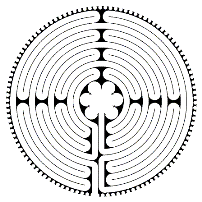
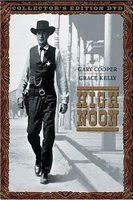

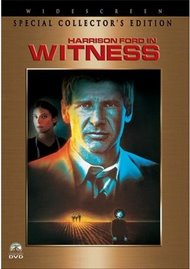
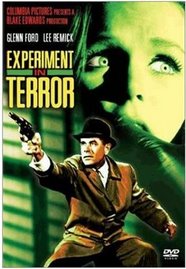

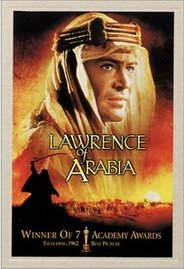
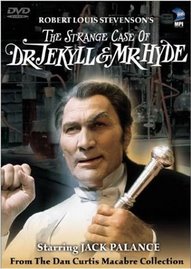
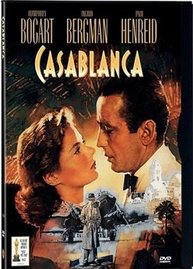
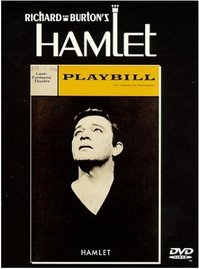
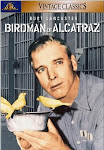

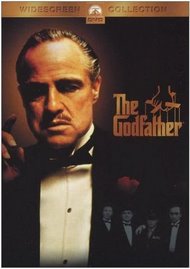
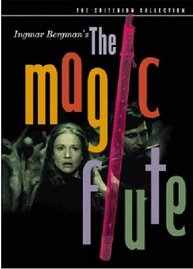
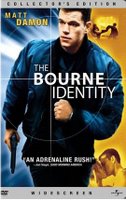
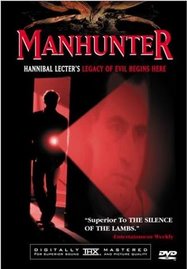
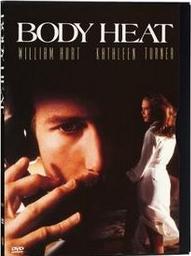

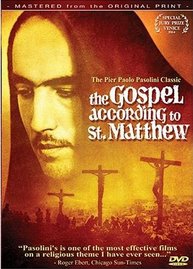
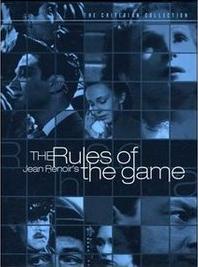
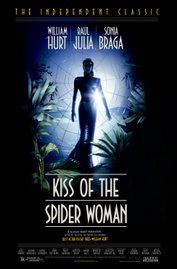
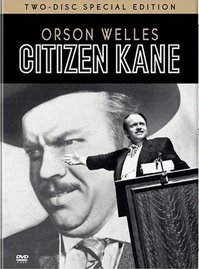

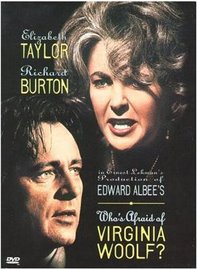
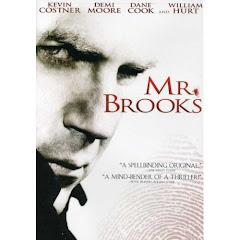




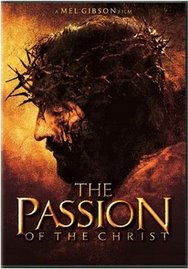

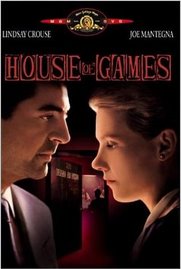



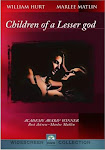

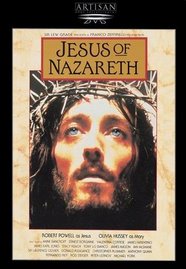
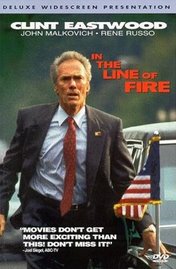



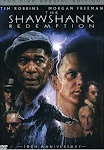
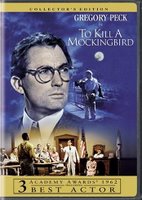
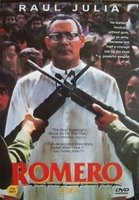


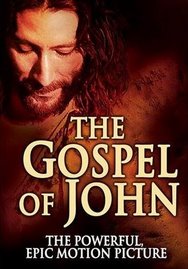

No comments:
Post a Comment